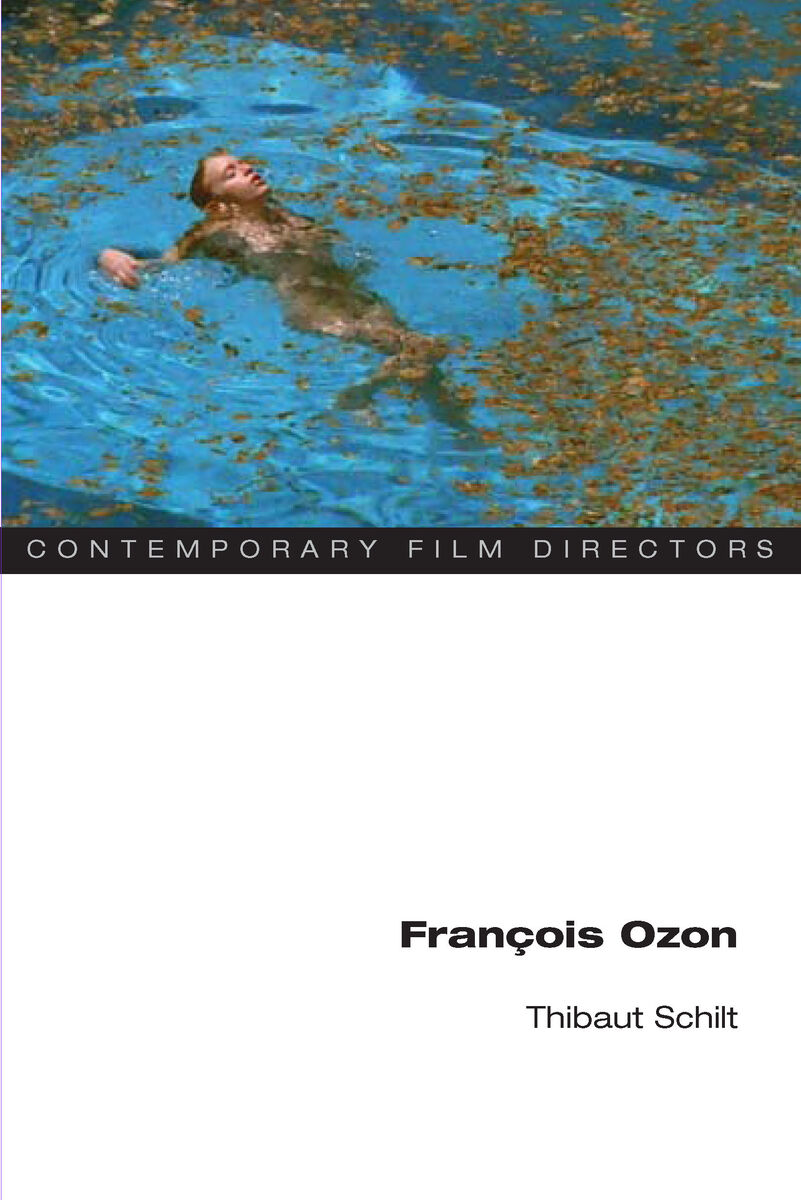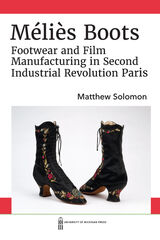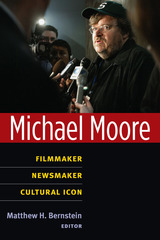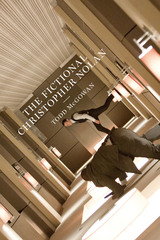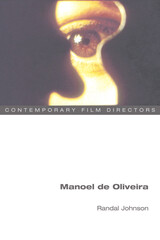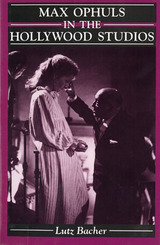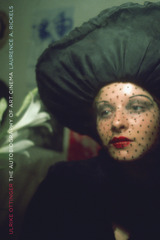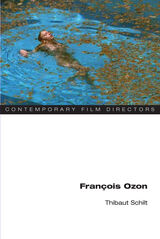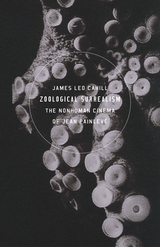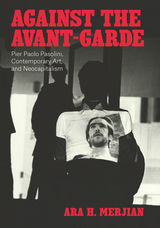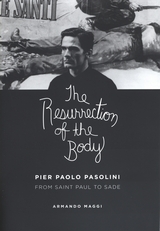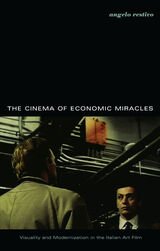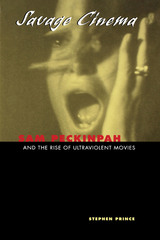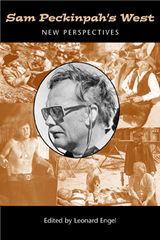Francois Ozon
University of Illinois Press, 2011
Paper: 978-0-252-07794-4 | eISBN: 978-0-252-09304-3 | Cloth: 978-0-252-03600-2
Library of Congress Classification PN1998.3.O958S35 2011
Dewey Decimal Classification 791.430233092
Paper: 978-0-252-07794-4 | eISBN: 978-0-252-09304-3 | Cloth: 978-0-252-03600-2
Library of Congress Classification PN1998.3.O958S35 2011
Dewey Decimal Classification 791.430233092
ABOUT THIS BOOK | AUTHOR BIOGRAPHY | REVIEWS | TOC
ABOUT THIS BOOK
In just over a decade, François Ozon has earned an international reputation as a successful and provocative filmmaker. A student of Eric Rohmer and Jean Douchet at the prestigious Fémis, Ozon made a number of critically acclaimed shorts in the 1990s and released his first feature film Sitcom in 1998. Two additional shorts and eleven feature films have followed, including international successes 8 femmes and Swimming Pool and more recent releases such as Angel, Ricky, and Le refuge. Ozon's originality lies in his filmmaking style, which draws on familiar cinematic traditions (the crime thriller, the musical, the psychological drama, the comedy, the period piece) but simultaneously mixes these recognizable genres and renders them unfamiliar. Despite tremendous diversity in cinematic choices, Ozon's oeuvre is surprisingly consistent in its desire to blur the traditional frontiers between the masculine and the feminine, gay and straight, reality and fantasy, auteur and commercial cinema.
Thibaut Schilt provides an overview of François Ozon's career to date, highlighting the director's unrestrained, voracious cinephilia, his recurrent collaborations with women screenwriters and actresses, and the trademarks of his cinema including music, dance, and the clothes that accompany these now typically Ozonian episodes. Schilt contextualizes Ozon's filmmaking within the larger fields of French filmmaking and international queer cinema, and he discusses several major themes running through Ozon's work, including obsessions with inadequate fathers, various types of mourning, and a recurring taste for "the foreign." The volume also includes an insightful interview with the director.
See other books on: 1967- | Criticism and interpretation | Film | Interviews | Schilt, Thibaut
See other titles from University of Illinois Press
